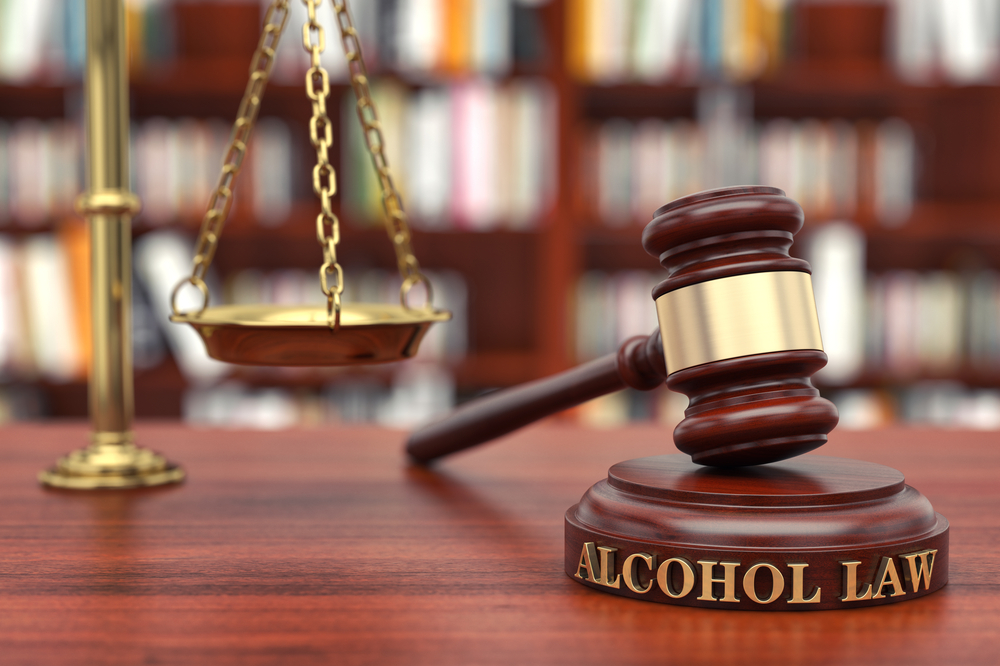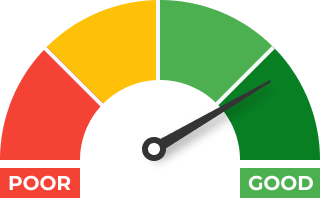Serving alcohol at any establishment comes with great ethical, legal, and financial responsibilities. There are many laws in place in the state of Florida regarding the sale of alcohol, so that business owners can do so safely and legally.
Knowing all the laws and regulations that are in place, and that each is followed exactly, is absolutely crucial for your bar or restaurant to continue serving alcohol. Even the slightest mistake can lead to the revocation of a liquor license. Below are some of the major Florida alcohol sales laws that need to be followed, that pertain the selling and serving of beer, wine, and liquor in Florida.
The state department that is responsible for issuing liquor licenses is the Florida Department of Business and Professional Regulation. There are several types of licenses that pertain to different types of establishments and what they sell.
Alcohol Sales Laws and Violations
Below are a few of the main laws (Federal and state), and hopefully, you know them all already, but if you are looking to apply for and acquire a liquor license in Florida, these are ones you should know right away.
- Legal Drinking Age – this is a Federal law, Florida is no exception, stating that no one under the age of 21 is allowed to drink alcohol in the United States. It is illegal to distribute or sell alcohol to anyone under the age of 21, and failing to comply with this law can result in jail time, heavy fines, and even revocation of an establishment’s liquor license. Even those under 21 that try to purchase alcohol can receive jail time and fines.
- Serving – while the legal drinking age is 21, employees only need to be 18 in order to prepare, serve, and sell alcohol in establishments. Some states have specific laws pertaining to the sale of alcohol during happy hour or other promotions, but Florida alcohol sales are not restricted by time or price in any way.
While employees may only need to be 18, there is a large responsibility for serving to the right people. It is illegal in Florida to sell alcohol to an obviously intoxicated person, and the violation of this can bring heavy civil and criminal liability for the damages caused by the intoxicated individual. All employees need to be properly trained in alcohol safety, in order to comply with all laws.
Here’s what they need to pay attention to:
- Hours – while there is no state or federal law that determines the hours of sale for alcoholic beverages, and leaves it up to each county or city to set their own ordinances. If no ordinance is passed, establishments are allowed to sell up until 2 am. Tampa bars and nightclubs are allowed to sell until 3 am, Broward County can sell until 4 am, and the entertainment district in Miami can sell 24-hours a day.
- Corking – Florida does not allow the carrying or transporting of open containers. Even a bottle of wine that has been re-corked, it is, also, considered an open container.

Diners, who purchase a bottle of wine from a restaurant or bar, cannot simply re-cork the bottle, instead, the restaurant must replace the cork, bag the bottle and seal the bag. The sealed bag must be placed in the trunk of your car, or in case you don’t have a trunk, it must be locked in the glove box to avoid violating the law.
These are just a few of the main laws that all restaurant, bars, and nightclubs should know in order to comply legally with federal, state, and city laws. You should always consult with the proper departments and agencies to ensure that all laws and regulations are being followed, prior to opening your establishment.
When selling alcohol in your bar or restaurant, making sure compliance is being tracked can be difficult. Compliance with the laws and regulations is extremely important, but also internal compliance with SOPs is crucial for running a successful establishment.
Glimpse can help your bottom line improve drastically by identifying areas of high-risk, like POS transactions and employee behavior, to help your management correct these issues.
Click HERE to learn more how Glimpse can improve your alcohol sales revenue, eliminate costs, and learn about the services and prices available.








 +1 (786) 292-2373
+1 (786) 292-2373 insights@glimpsecorp.com
insights@glimpsecorp.com





